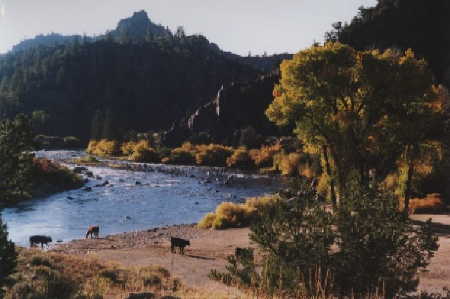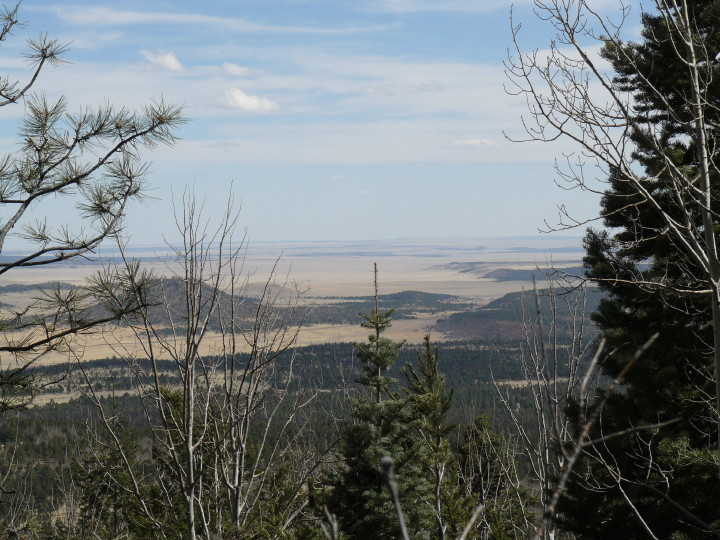 COMMENT:
COMMENT:"The People have a right to use the government closest to us –our municipalities – because, until the state and federal governments cease and desist from licensing and permitting state chartered corporations to deprive our unalienable rights in communities across America, we are on our own.
The People have unalienable rights. The state has no authority to issue permits to state chartered corporations that make it legal for them to violate the rights of the people.
This idea that people have rights and that the state has no authority to license violation of those rights, is the core principle, the underlying premise, for mounting a new civil rights movement for the legal recognition and protection of community rights.
•• Actions to adopt a Community Rights Protective Water Rights Ordinance that bans natural gas drilling-fracking, by the City of Pittsburgh City Council: "Members of the city council recognized that when the state permits the drilling to occur, the state isn’t going to provide municipalities with the authority to prevent it. Accordingly, the council decided to create is own local structure of law, which directly challenges the authority of both the state – and the natural gas corporations empowered by the state – to drill within the city."
Ben Price, CELDF
Colin Sullivan
November 3, 2011
Attorneys in an upstate New York town revealed their legal strategy today for blunting a lawsuit from Anschutz Exploration Corp. that seeks to overturn a local ban on hydraulic fracturing, or fracking.
The lawsuit challenges an attempt by the town of Dryden to determine for itself whether fracking can occur there. In August, the town's board changed its zoning laws to keep Anschutz and other companies out, voting to deny fracking operations within its borders.
But the Colorado-based Anschutz drilling arm, owned by billionaire Philip Anschutz, shot back with a lawsuit filed in New York Supreme Court, Tompkins County, that says only the state can regulate gas drilling.
Lawyers for Anschutz claim the zoning ban is pre-empted by New York's Oil, Gas and Solution Mining Law. They argue that Dryden's ban could set the stage in New York or in other states for a hodgepodge of regulations that would keep drilling in some communities but out of others.
Dryden's counterargument is that it has the right to pass land-use regulations that say nothing directly about the technical side of natural gas drilling or exploration. Attorneys close to the case said Dryden has the right to decide for itself whether it wants heavy industrialization within its borders because of the direct impact on land use.
"The rights of towns to zone out extractive mining is already very well-established in New York law," said Deborah Goldberg, an attorney with Earthjustice, which has filed briefs in the case but has so far been denied amicus, or "friend of the court," status.
The attorneys and local activists held a press conference today in advance of a court hearing tomorrow on the merits of the lawsuit. The town has moved to dismiss the suit, claiming its local zoning rules are not pre-empted by the state.
One way or another, Goldberg said she expects this case to make its way up the ladder in New York's judicial system.
"Everyone knows this is going to go up on appeal no matter which way it comes out," she said.
An attorney representing Anschutz, Thomas West of the West Law Firm in Albany, agreed that the case would be appealed regardless of the initial decision, establishing a precedent for local regulation of fracking. As for Dryden's legal case, he was dismissive.
"I think the argument is extremely weak," he said, arguing that there is a clear difference in New York law between how mining and reclamation are zoned locally and how oil and gas drilling are regulated by the New York Department of Environmental Conservation.
>
West said oil and gas laws "don't have the same carve-outs" as mining and reclamation. Municipalities can only regulate roads and local taxation when it comes to oil and gas drilling, he said.
He also sees a broader dynamic in play that may emerge as the case proceeds. A given landowner has the right to lease his land for drilling, so if a town like Dryden can block such activity, to West, that constitutes a taking of the land.
"If municipalities are successful in banning drilling, the next step would be for the landowners to sue the municipalities for taking," he said. "You've just had your property taken without just compensation."
Locals see it differently. Martin Hatch, a volunteer on Dryden's local planning board, cast the town's position in a political light, stealing a page from Occupy Wall Street's anti-corporate credo. He said any group of citizens should have the right to block "an out-of-town billionaire swooping in and telling us what we can or can't do."
"Nobody needs to tell anyone that people are tired of businesses around this country calling the shots," he said.










